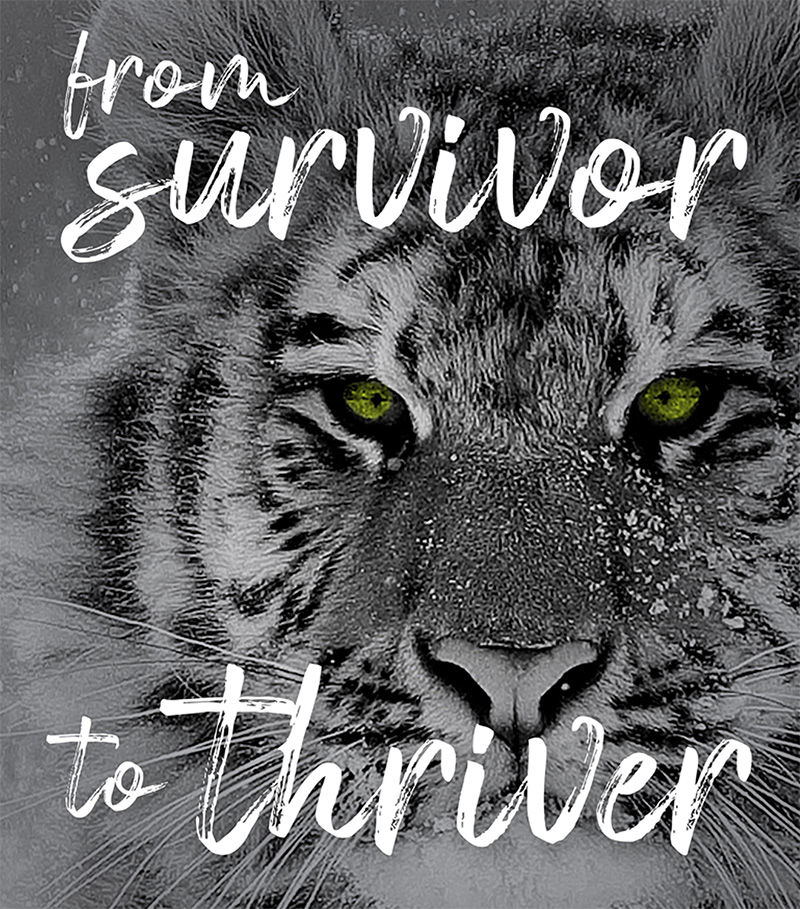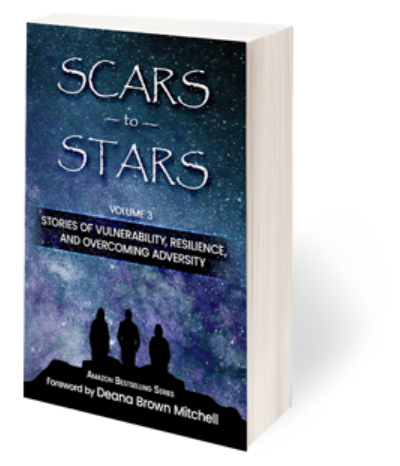What You Can Do
Here are a few things you can do to help bring mental health issues to the forefront:
- Speak openly about mental health. Prioritizing mental health and emotional wellbeing by discussing it in our everyday lives helps ensure that everyone feels more comfortable with the topic and can get the help they need.
- Help yourself. Pay attention to how you feel. If you are struggling, reach out for help by joining a support group, speaking to a therapist or counselor, or taking time to take better care of yourself.
- Support your loved ones. Check in on your friends and loved ones. If someone is struggling, tell them you are there for them and suggest they get help through a support group or counselor. A good place to start is psychologytoday.com where there are self tests and support group finders.
What We’re Doing
We work as mental health advocates, which includes speaking to kids and parents in schools, partnering with community-based and non-profit organizations, holding and participating in events, and bringing others together to tackle mental health issues and challenges facing our communities.
- Advocating for mental health and promoting preventive measures. We speak at schools and businesses, work with various organizations, participate as exhibitors at health fairs, and more. See Erik DaRosa’s letter to the editor. Book us for a speaking engagement here.
- Hosting U-MOST Retreats: We offer 3-day, on-snow programs called U-MOST – Unlocking Minds On Snow Together. They focus on healing through skiing and snowboarding and integrate expert-led mindfulness, yoga, and other beneficial practices. Please join us – sign up at u-most.com.
- Speaking openly about mental health and offering inspiration:
Our social media and outreach activities include sharing inspirational mental health information that encourages others to take care of their own mental health. Follow us on Facebook and Instagram and sign up for the U-MOST monthly newsletter to stay in touch.
Listen to our Podcast
We tackle different mental health topics through relatable “kitchen table” conversations with real people who are helping to shatter mental health stigmas. We aim to normalize discussions around mental health topics and remind our audience they are not alone and “it’s perfectly ok to not always be ok.”
Go a little deeper
Erik contributed to the third edition of this book. His chapter “Tell Someone” describes what it feels like when we break the cycle of silence by openly sharing our mental health struggles for the first time.
Buy the book
Pathways to Joy and Connection
Read about lessons learned and real-world experiences.
Engagements
Book FSTT’s Erik DaRosa to speak at your event












